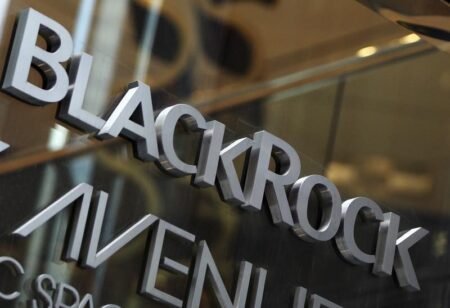- Israel has agreed on a cease-fire deal aimed at ending nearly 14 months of fighting with Hezbollah.
- The cease-fire is expected to begin Wednesday morning local time.
- The much-sought-after deal does not impact Israel’s war against Hamas in Gaza.
Israel and Lebanon have agreed on a cease-fire to end nearly 14 months of devastating fighting between Israel and Hezbollah, two bitter enemies, President Joe Biden announced on Tuesday.
Speaking from the White House, Biden said Israeli and Lebanese leadership have accepted a proposal to end the conflict between Israel and Hezbollah, the Iran-backed militant group.
Biden said the cease-fire, designed to permanently end fighting across the Israel-Lebanon border, will take effect at 4 a.m. local time on Wednesday.
The deal will see Israel’s military gradually withdraw from Lebanon over a 60-day period while Hezbollah moves its forces north and the Lebanese army deploys to the south.
Israeli Prime Minister Benjamin Netanyahu’s office said the country’s security cabinet had approved the US-backed cease-fire arrangement in Lebanon. In a statement, the office said, “Israel appreciates the US contribution to the process, and maintains its right to act against any threat to its security.”
Netanyahu outlined several reasons for the cease-fire in a televised speech earlier. He said Israel needs to “focus on the Iranian threat,” give its forces a break from fighting in Lebanon, replenish stockpiles of weapons and munitions, and isolate Hamas in Gaza.
The Israeli leader said his country maintains “full freedom of military action” and will attack Hezbollah if it violates the agreement or gives any indication that it is preparing to carry out a new assault.
Shortly after Netanyahu’s speech, the Israel Defense Forces said it struck several Hezbollah targets across Lebanon, including in the capital, Beirut, in what is likely a last-ditch effort to degrade the militant group before fighting stops.
Earlier Israeli strikes in Lebanon killed several people and wounded dozens more.
Hezbollah, an Iranian proxy, began attacking Israel in solidarity with Hamas shortly after the latter carried out its October 7, 2023, massacre. Fighting between the two enemies has steadily escalated and has displaced tens of thousands of people in northern Israel and southern Lebanon.
Israel dramatically increased the military pressure on Hezbollah in September by targeting the militant group in Beirut with airstrikes and killing its senior leadership. At the end of the month, Israeli forces launched a ground invasion into Lebanon — its first in nearly 20 years.
Fighting between Israel and Hezbollah has raged in the weeks since, leaving thousands of people dead across Lebanon.
Read the full article here

















